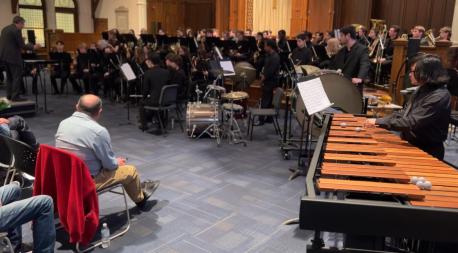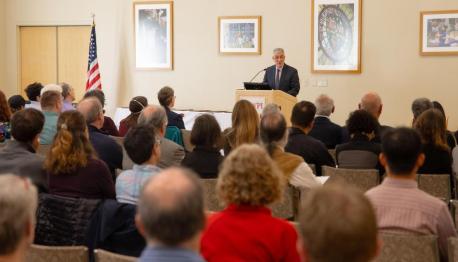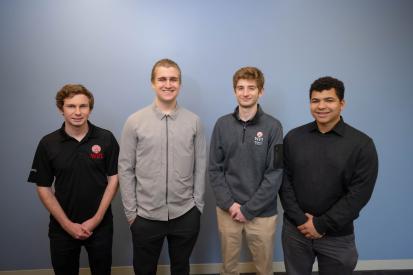Play/Pause
Video does not contain audio
A Degree That Matters
At WPI, you'll use your unmatched college experience—built around STEM, business, global engagement, and the humanities—to work in teams here at home and around the world to create solutions to problems faced by real people.
Explore the possibilities with more than 70 undergraduate and graduate degree programs across four schools: Engineering, Arts & Sciences, Business, and Global.
FIND A DEGREE PROGRAM:
Latest News
See More News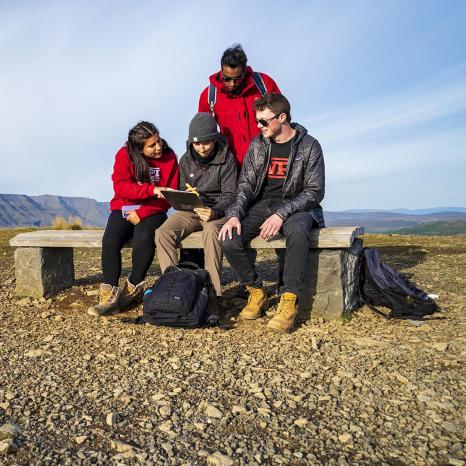

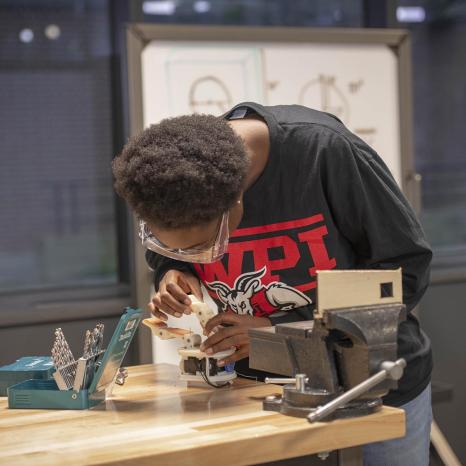
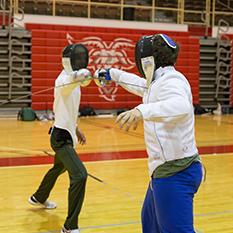
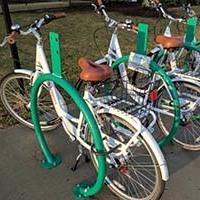
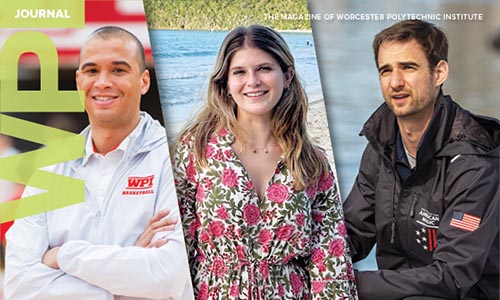
Features from the WPI Journal
See how Liam Shanahan ’18 combines engineering and sailing skills to elevate the 2024 America’s Cup challenge; what’s behind Sol Giesso’s passion and focus on fighting climate change; and how an alumni trio is using AI to improve scrap metal recycling in the face of growing demand. There’s also an inside look at this year’s Commencement ceremony being held for the first time at the DCU Center; and how basketball led David Brown to a calling to leadership and management.

